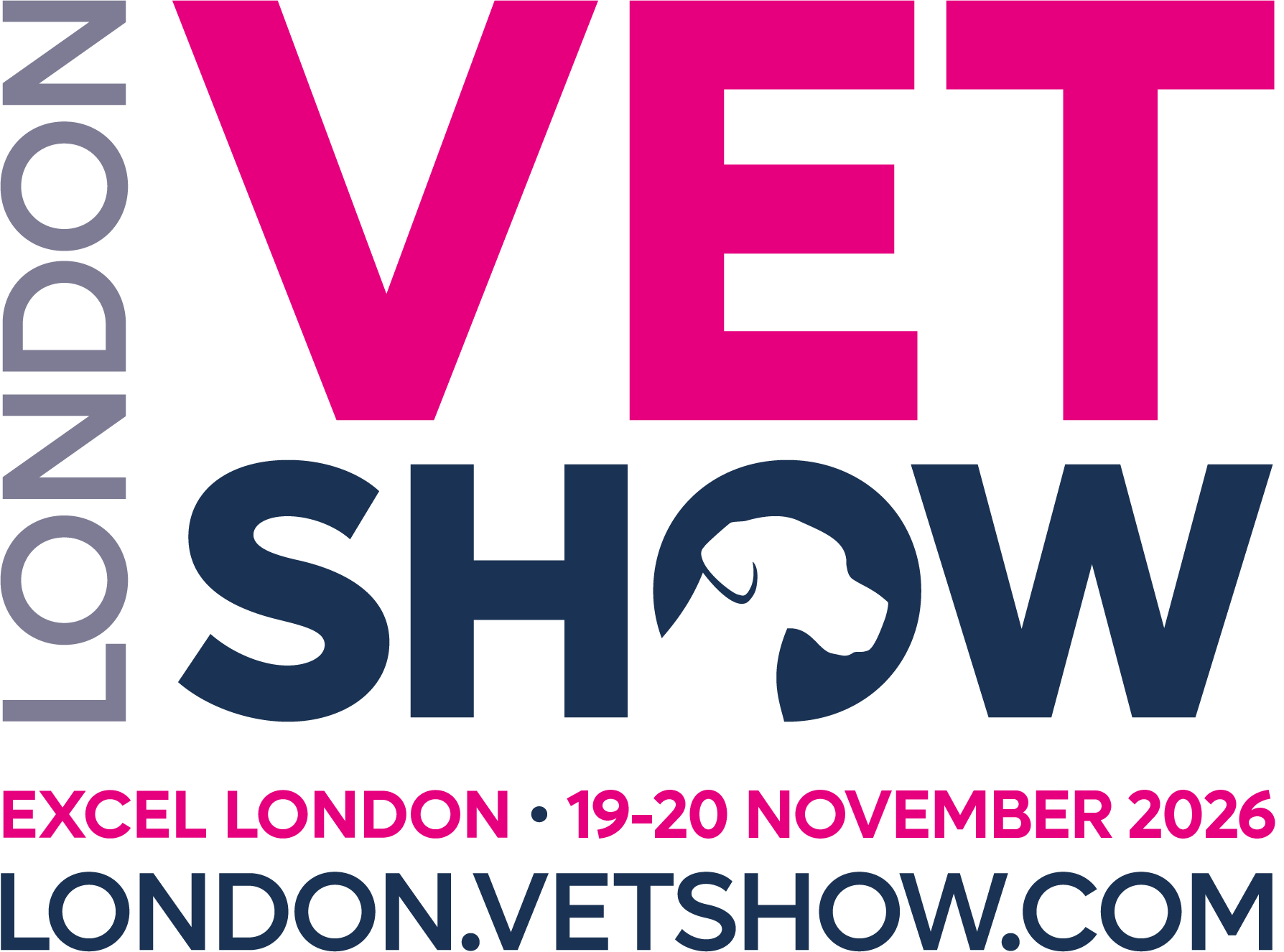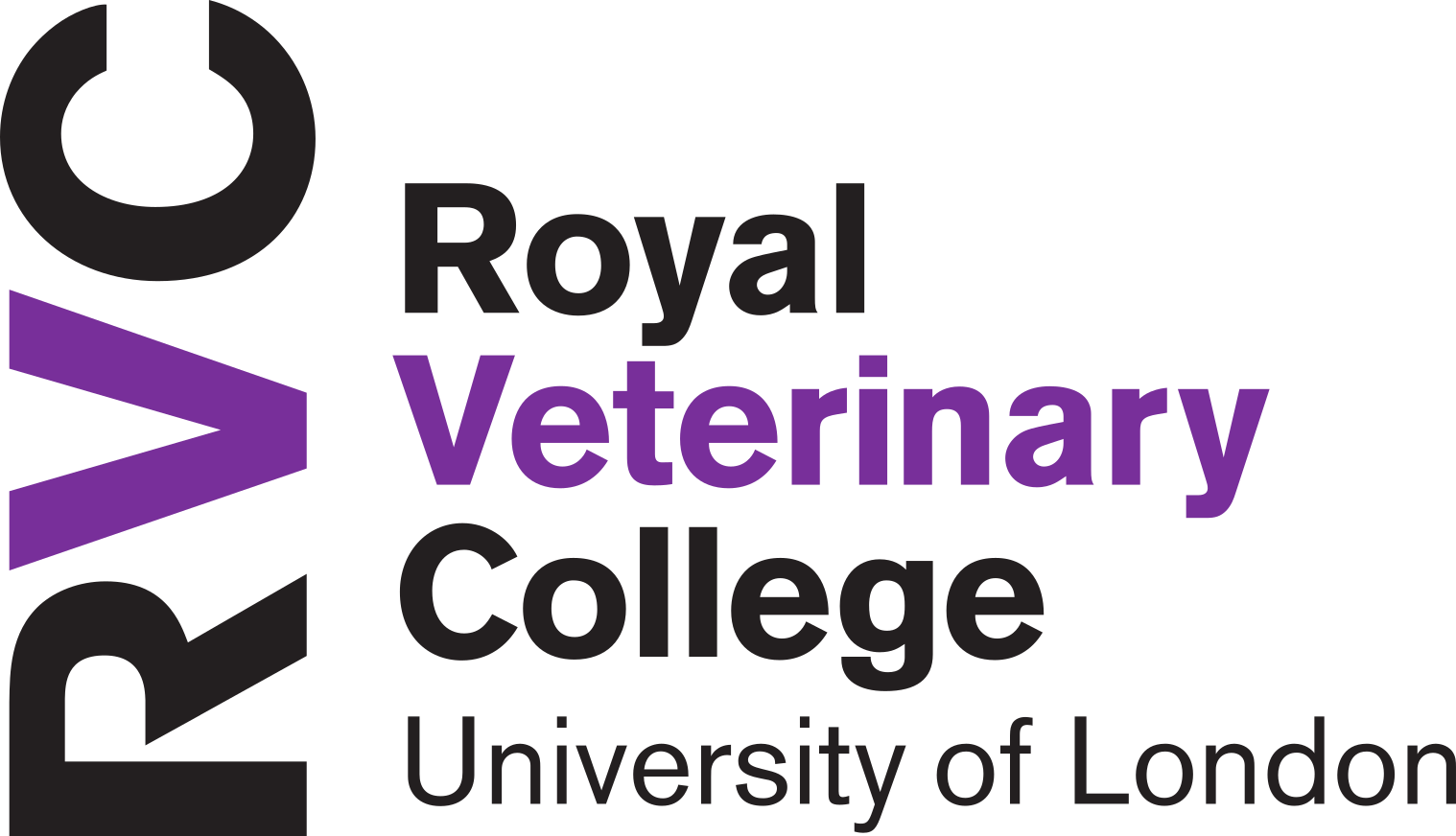Happy World Veterinary Day
)
We asked veterinary professionals from across the industry the same question:
Q: What piece of advice would you like to give individuals that are at the start of their veterinary career?
My biggest piece of advice is - enjoy it! I truly believe that being a vet is the best profession in the world. I've been a vet for 36 years, and I love it as much today as the day I qualified. I cannot imagine doing anything else. I want to instil that enthusiasm in young vets entering the field, so they enjoy life as a vet as much as I do - I see being a vet as a way of life rather than just a job! – Sarah Heath, Veterinary Specialist in Behavioural Medicine, Behavioural Referrals Veterinary Practice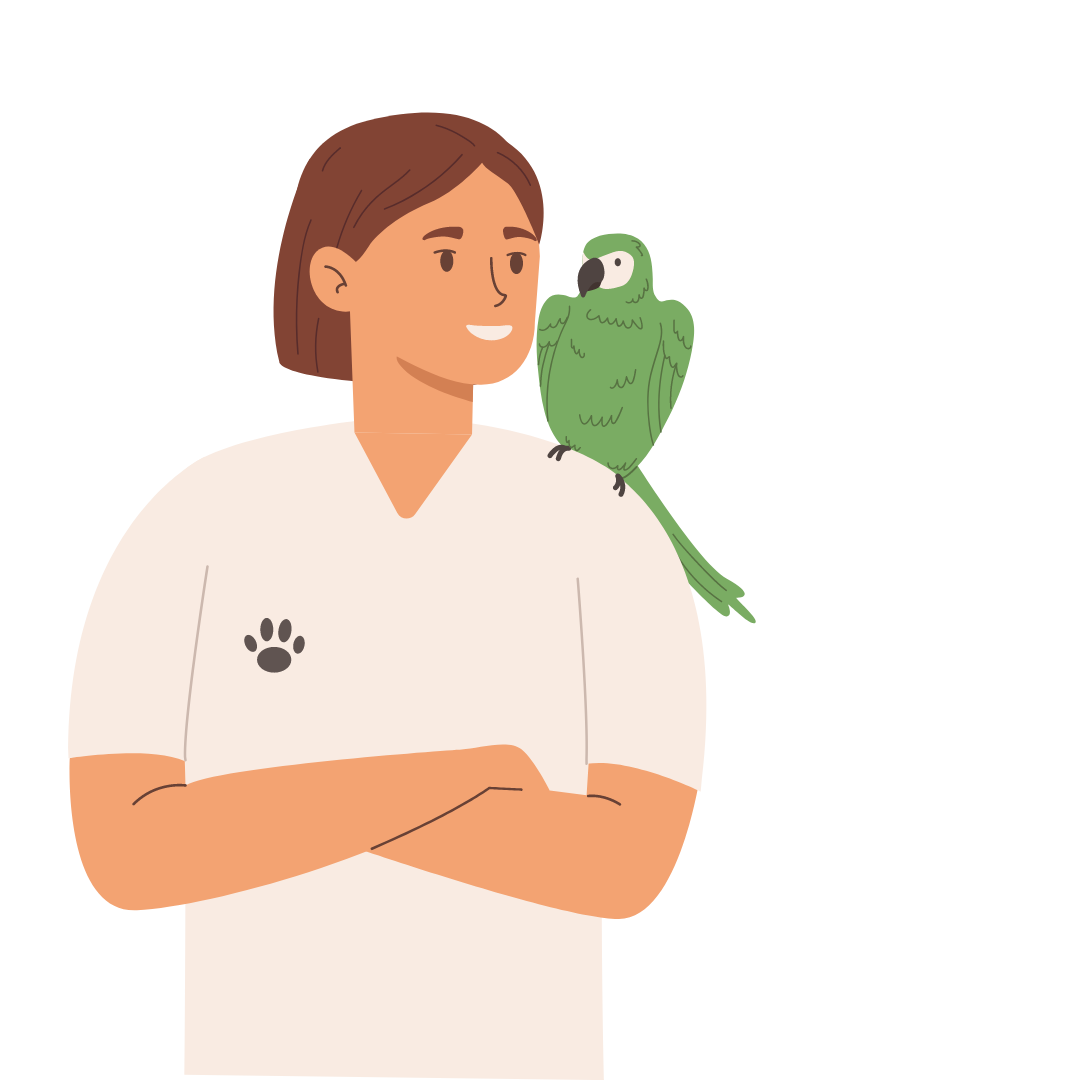
Please remember that you are enough, even when you forget. You are valuable beyond your job title. Spend time getting to know yourself, what’s important to you and what helps you - and don’t forget to use your support systems along the way too… And come to Vet Empowered! – Katie Ford, Founder & Coach, Vet Empowered
Often, graduates might feel less prepared for work in reproduction. One of the issues is that small animal reproduction isn't extensively covered in veterinary schools. It's surprising because many of the most stressful situations for new graduates involve reproductive cases, like determining if a dog needs a caesarean section or not. The outcomes in reproduction are often clear – either the animal is pregnant or not, the puppies are alive or not. It's not like treating an infectious disease where you can try different treatments if one fails. Reproductive cases can be quite stressful. Therefore, I would recommend recent graduates to familiarise themselves with reproductive issues because even if you don't work in a specialised reproduction clinic, you'll likely encounter such cases in your everyday practice. The good thing is that it can be very rewarding when it all works out…. nothing like a litter of puppies or kittens going home in a warm basket! - Angelika von Heimendahl, Director - Veterinary Reproduction Service
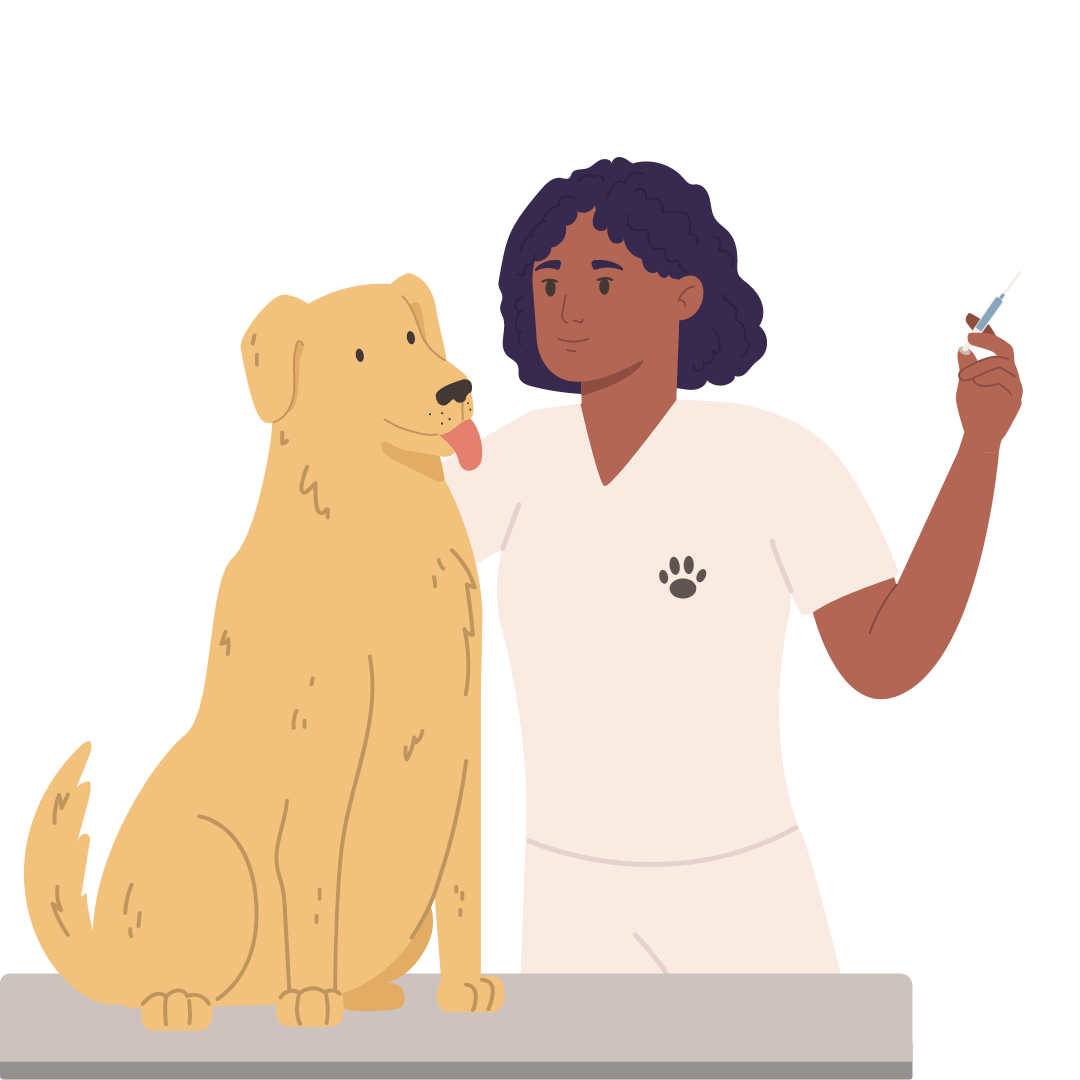 I've been a vet for 22 years and have faced my share of challenges. I vividly remember a surgery gone wrong that resulted in an animal's death, which sent me into a spiral of depressive thoughts. It took time, but I eventually emerged stronger. I have also had mortifying "career crushing" moments such as sending head office an email that was certainly not intended for them, but these experiences have taught me resilience. My advice? Hard times do pass, embrace opportunities that our career offers, even when they seem daunting. Pat yourself on the back every day. Challenges are daily, but they will make you stronger. Make sure you have "another life" that you can lose yourself in for down time. Life is short - it really is! Don't waste it. If things aren't working, either attempt to fix them or grab another opportunity. Don't give up, make your career work for you, not that you solely work for it! – Hannah Capon, Founder and Director, Canine Arthritis Management (CAM)
I've been a vet for 22 years and have faced my share of challenges. I vividly remember a surgery gone wrong that resulted in an animal's death, which sent me into a spiral of depressive thoughts. It took time, but I eventually emerged stronger. I have also had mortifying "career crushing" moments such as sending head office an email that was certainly not intended for them, but these experiences have taught me resilience. My advice? Hard times do pass, embrace opportunities that our career offers, even when they seem daunting. Pat yourself on the back every day. Challenges are daily, but they will make you stronger. Make sure you have "another life" that you can lose yourself in for down time. Life is short - it really is! Don't waste it. If things aren't working, either attempt to fix them or grab another opportunity. Don't give up, make your career work for you, not that you solely work for it! – Hannah Capon, Founder and Director, Canine Arthritis Management (CAM)
It's a very simple takeaway. Which is ‘you can do it!’. Nothing that someone like me does can't be done by a good practitioner in practice. You can do it. – Andrew Mackin, Professor and Head of Clinical Sciences, Mississippi State University College of Veterinary Medicine
Firstly, don’t limit yourself to just one career path. Secondly, I’d like to advocate for young professionals to become local vets and return to more traditional veterinary practice work. Nowadays, I’ve noticed that many students are focusing on making as much money as possible, whereas I believe that a big part of working with animals and caregivers is the passion and building relationships with clients. – Mike Davies, Associate Professor at University of Nottingham, Specialist in Veterinary Clinical Nutrition (Small Animal)
Firstly, take your time and don't feel rushed during consultations. Also, seek advice from people you trust and utilise resources in any way you can. Remember to reflect on cases and ensure you learn from them. – Daisy Norgate Anaesthesia Specialist, Blaise Veterinary Referrals, Birmingham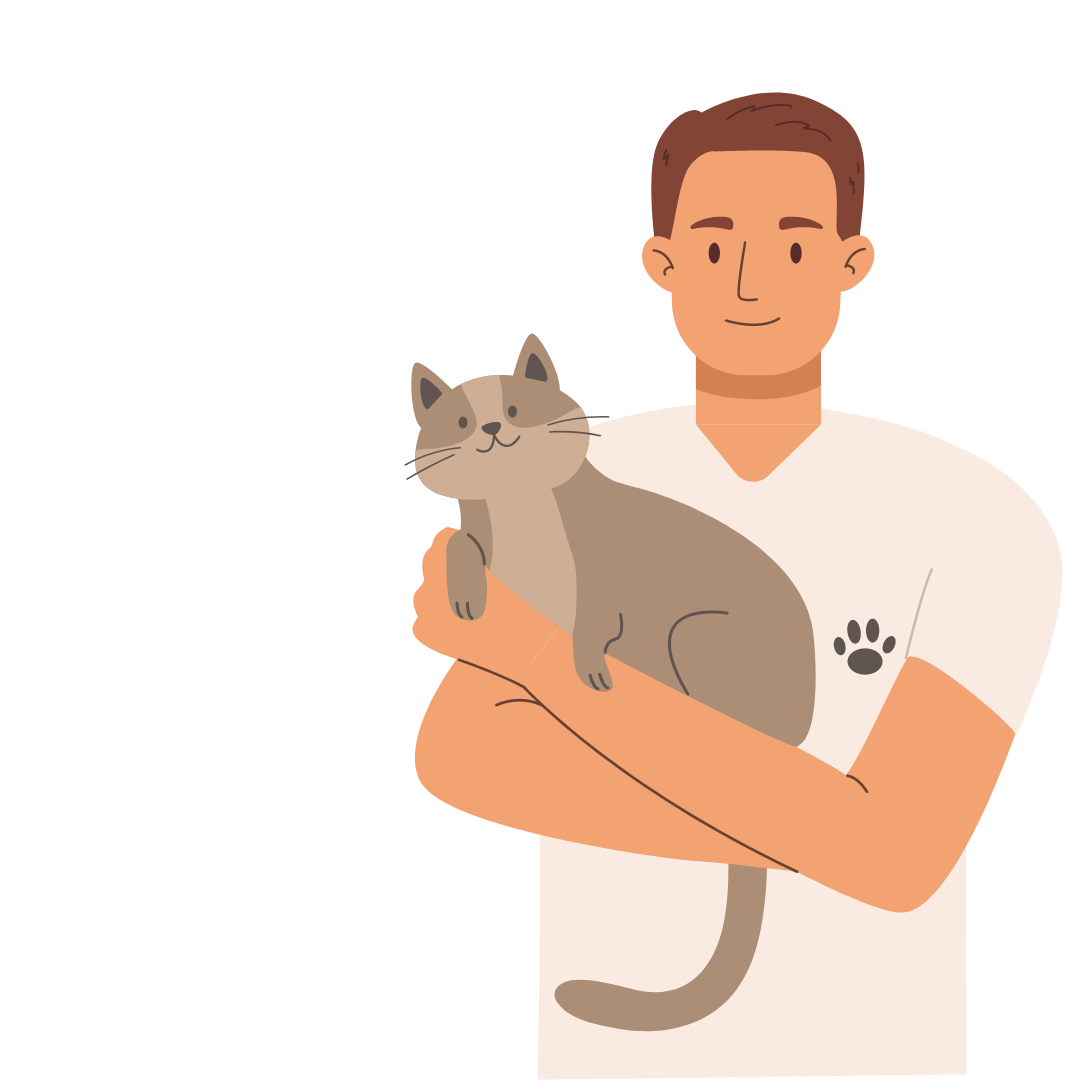
It’s okay not to be an expert in everything! I felt overwhelmed when I first started my career, wanting to know everything about every aspect of veterinary medicine. Remember, learning continues throughout your career—I've been nursing for 15 years and still learn every day. – Courtney Scales, Clinical Educator (Anaesthesia), Veterinary Anursethesia
I would pass on the best piece of advice I was ever given which is to follow what you’re passionate about. My journey into the veterinary world wasn’t as smooth sailing as I’d planned it to be but I’m still here enjoying my career and (hopefully) inspiring others to follow their passions too. – Tawny Kershaw, Registered Veterinary Nurse, The Veterinary Nerd
I don’t think that you should set out with the sole purpose of making an impact. Try to forge a path doing something that interests and enlivens you. Make sure you bring others along with you. Grasp opportunities sent your way, and don’t waste your time wondering, ‘Why me?’ Why not you? I don’t think I am particularly sage and inspirational on this front; my career journey has taught me that if a system isn't working for you or if others don't have equitable standing within it, do what you can to drive change. – Ami Sawran Clinical Director Westpoint Farm Vets and Bright Minds Award Winner for "Practice Game Changer"
